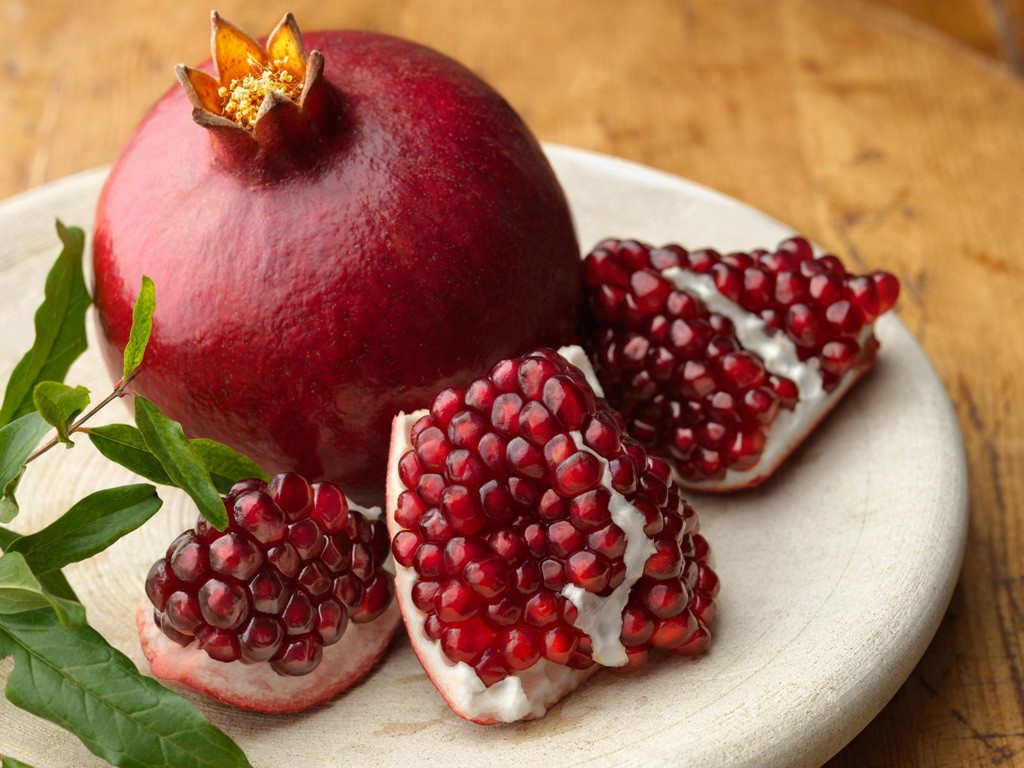With the onset of autumn, the lack of vitamins does not giverest and all the shelves of the refrigerator are occupied by oranges, bananas, zucchini and pears? But have you thought that some fruits and vegetables have no place here? Today we will tell you about the best conditions for storing the most common types of them. What could be simpler than an apple? Just a box to store it in. We will not delve into ancient symbols, solemnly dissect the fruits and demonstrate the stars of the seed chambers inscribed in a circle. Apples have nothing to do with Satanism, which means they can be freely stored in the house. Let's figure out how exactly. There are subtleties to storing fruits and vegetables and, unfortunately, there are many of them. But it is still quite possible to figure it out and remember the basic rules forever. 1. Bananas, limes and lemons are not recommended to be stored in the refrigerator. A cool, dry place for them is an ideal option.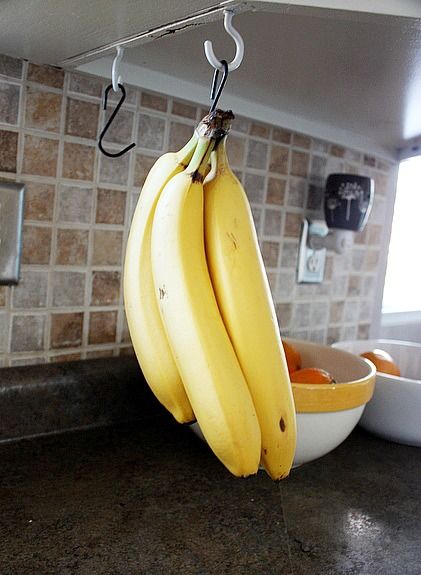
2.Unripe pears, plums and peaches are best wrapped in a paper bag and left alone with bananas, limes and lemons in the same cool, dry place. It will be much more difficult for them to ripen in the refrigerator.
3. The best place for apples is on the top shelf of the refrigerator, away from other products. They are also friends with room temperature.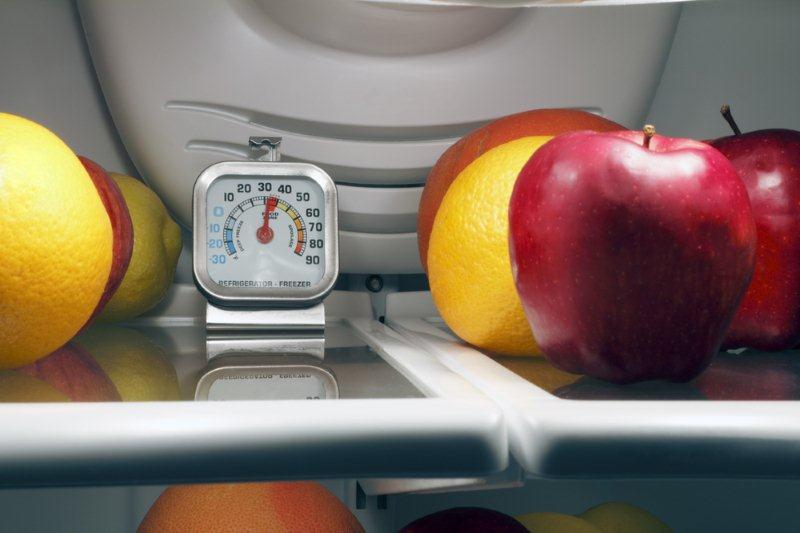
4. Melons have no place in the refrigerator. In the cold, watermelons, melons and pumpkins quickly lose their aroma and become "rubbery". Cut, damaged and overripe fruits are best consumed immediately.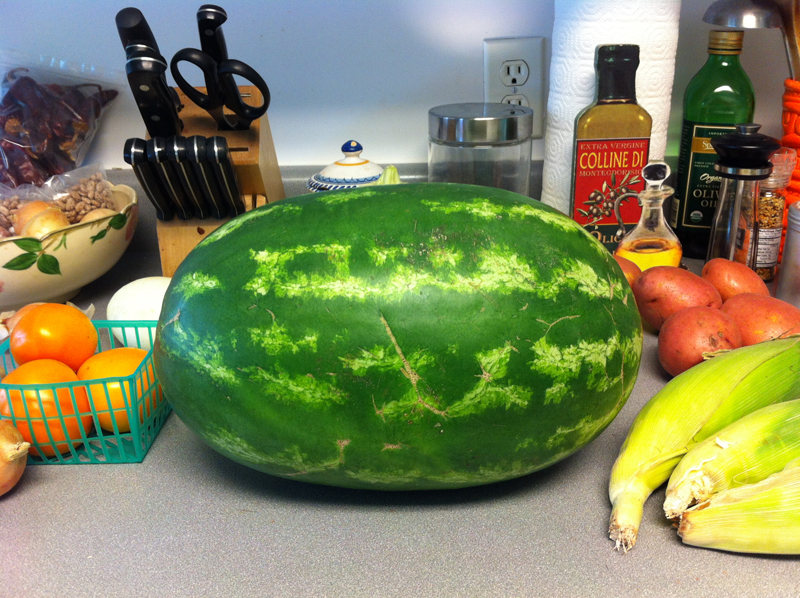
5. It is also better to store tropical fruits and tangerines in the open air. At low temperatures, these fruits release harmful substances. So be careful.
6.Oranges that are destined to live in your kitchen for more than two weeks will have to be hidden away from the hungry eyes of others. Namely, wrap each orange in paper and put it in a cardboard box.
7. We would not recommend storing soft grapes in the refrigerator at all. Only hard grapes packed in plastic film or a zip-lock bag can be kept in the cold for a long time.
8. With pineapples everything is complicated.To ensure that the sugar in these fruits is distributed evenly and does not concentrate at the base, they need to be turned over periodically. They can be stored in the refrigerator or at room temperature.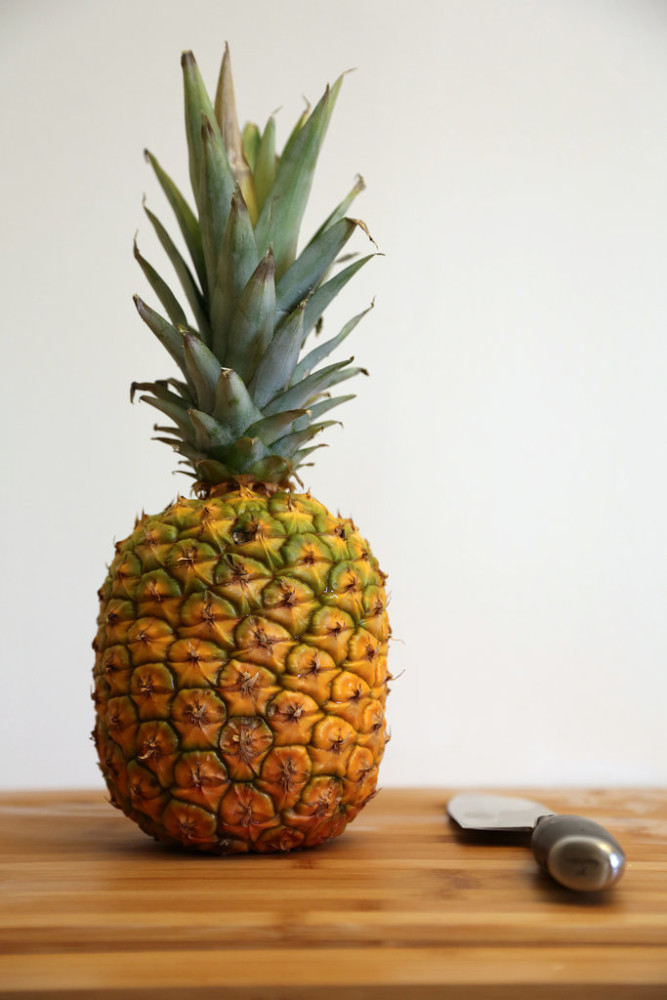
9.As much as you would like to eat pomegranates and persimmons exclusively cold, storing them in low temperatures is still not recommended. These fruits, as well as oranges, are best wrapped in several layers of paper and stored in a dry place with room temperature.